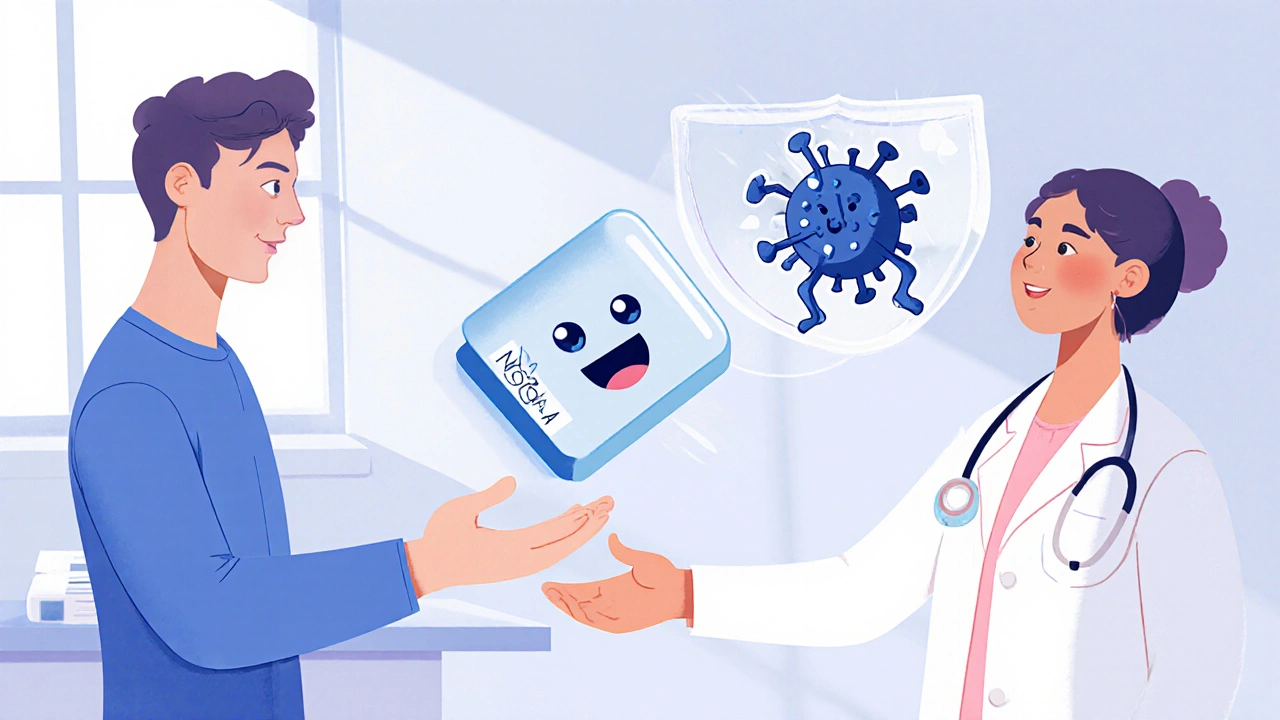Dosage: Your Quick Guide to Getting the Right Amount
Picking the correct dosage feels like a guessing game, but it doesn’t have to be. The right amount makes a medicine work, the wrong amount can cause side effects or waste your money. Below you’ll get the basics you need right now – no medical degree required.
Key Factors that Affect Dosage
First off, dosage isn’t one‑size‑fits‑all. Your age matters – kids often need a fraction of an adult dose. Weight is another big one; doctors frequently calculate milligrams per kilogram for kids and for some adult meds like antibiotics. Kidney and liver health also change how fast your body clears a drug, so people with organ issues usually get a lower dose.
Next, the condition you’re treating matters. A mild headache might need a low NSAID dose, while severe infections need the full strength to kill bugs fast. Some drugs have “loading doses” – a bigger first hit to get levels up quickly, then a smaller maintenance dose.
Practical Tips for Safe Dosing
Read the label carefully. Look for the strength (like 500 mg per tablet) and the recommended dose range. If you’re measuring a liquid, use the dropper or syringe that comes with it – kitchen spoons aren’t accurate. When you’re unsure, a quick online dosage calculator can help, but always double‑check the result with your pharmacist or doctor.
Never double up if you miss a dose unless a professional tells you otherwise. Doubling can spike drug levels and cause trouble. Keep a medication log – a simple note on your phone saying "took 20 mg at 8 am" helps you stay on track and shows your doctor the real picture.
Ask questions. If a prescription says "take as needed," clarify how many times per day is safe. If a drug interacts with food or other meds, note it. Knowing these details stops surprise side effects before they happen.
Store meds properly. Some need a cool, dry place; others must stay in the fridge. Bad storage can change potency, meaning the dose you think you’re getting isn’t the dose you actually get.
Finally, trust your instincts. If you feel odd after a dose – dizziness, nausea, rash – stop and contact a healthcare provider. Reporting problems early prevents bigger issues down the road.
Getting dosage right is about paying attention to the numbers, your body, and the advice from professionals. Use the tips above, keep an eye on how you feel, and you’ll make the most of every prescription without the guesswork.

Daclatasvir for Hepatitis C: Key FAQs on Dosage, Side Effects & Cost
Haig Sandavol Oct 17 9A concise guide answering the most common questions about daclatasvir for hepatitis C, covering how it works, dosing, side effects, interactions, cost and monitoring.
More Detail
Cialis Explained: Uses, Dosage, Side Effects & Buying Guide 2025
Haig Sandavol Sep 20 15Learn what Cialis does, proper dosing, common side effects, and safe ways to purchase it in 2025. Get practical tips and quick answers in one clear guide.
More Detail